Whether you’re a first-time rider or a seasoned commuter, it’s important to know the e-bike laws that apply in your area. While they vary by state and city, a few key rules affect where you can ride, what kind of e-bike you can use, and what safety gear is required.
🚲 The E-Bike Class System
Most U.S. states use a 3-class system to regulate e-bikes:
- Class 1: Pedal-assist only, up to 20 mph
- Class 2: Pedal-assist + throttle, up to 20 mph
- Class 3: Pedal-assist only, up to 28 mph (helmet often required)
⚠️ Class 3 e-bikes are usually not allowed on bike paths or multi-use trails.
⛔ Where You Can Ride
Sidewalks: Many cities prohibit e-bikes on sidewalks, especially Class 2 or 3 models.
Bike Lanes: Class 1 and 2 are widely accepted in bike lanes. Class 3 varies by location.
Trails and Parks: Rules depend on local regulations. Always check signage or park websites.
🪖 Helmet Requirements
Helmet laws vary by state:
- Some states require helmets only for riders under 18
- Others mandate helmets for Class 3 e-bike riders regardless of age
- Regardless of the law, helmets are always a smart choice
Look for helmets certified under NTA 8776 (like those from Bern or Xnito) for high-speed protection.
🪪 Age Restrictions and Licensing
- Most states require riders to be 14–16 years old to operate Class 3 e-bikes
- No driver’s license is needed for standard e-bikes, but local laws may differ
- Some high-powered e-bikes are classified as mopeds or motor vehicles
🛑 Other Rules to Keep in Mind
- Obey all standard traffic signals and signs
- Use hand signals when turning
- Equip your e-bike with front and rear lights for night riding
- Avoid phone use or headphones while riding
Final Thoughts
Knowing the rules of the road makes riding safer and more enjoyable. Before hitting the streets or trails, take a few minutes to learn your local e-bike laws. It’s the best way to stay safe, avoid fines, and ride with confidence.

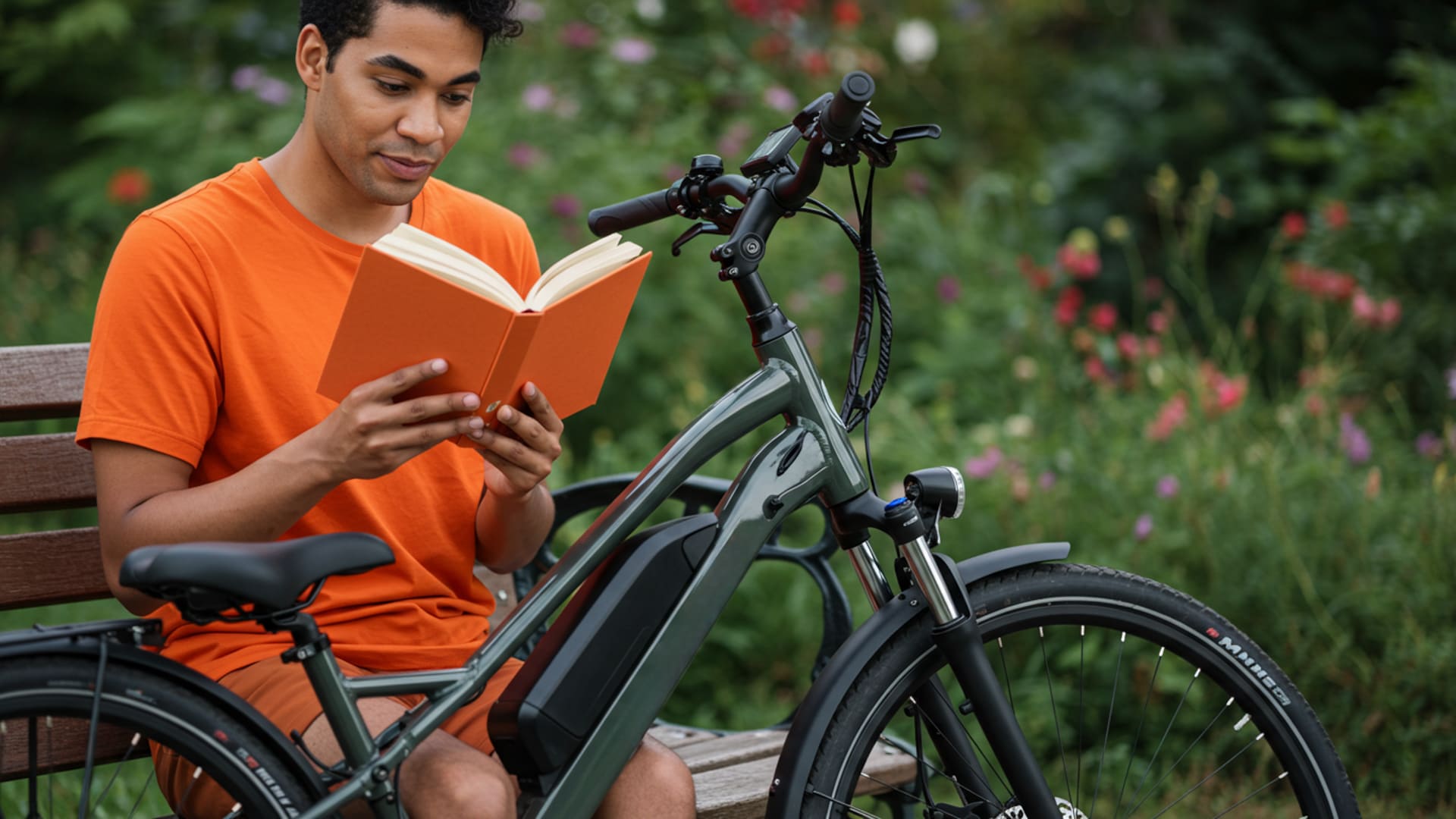
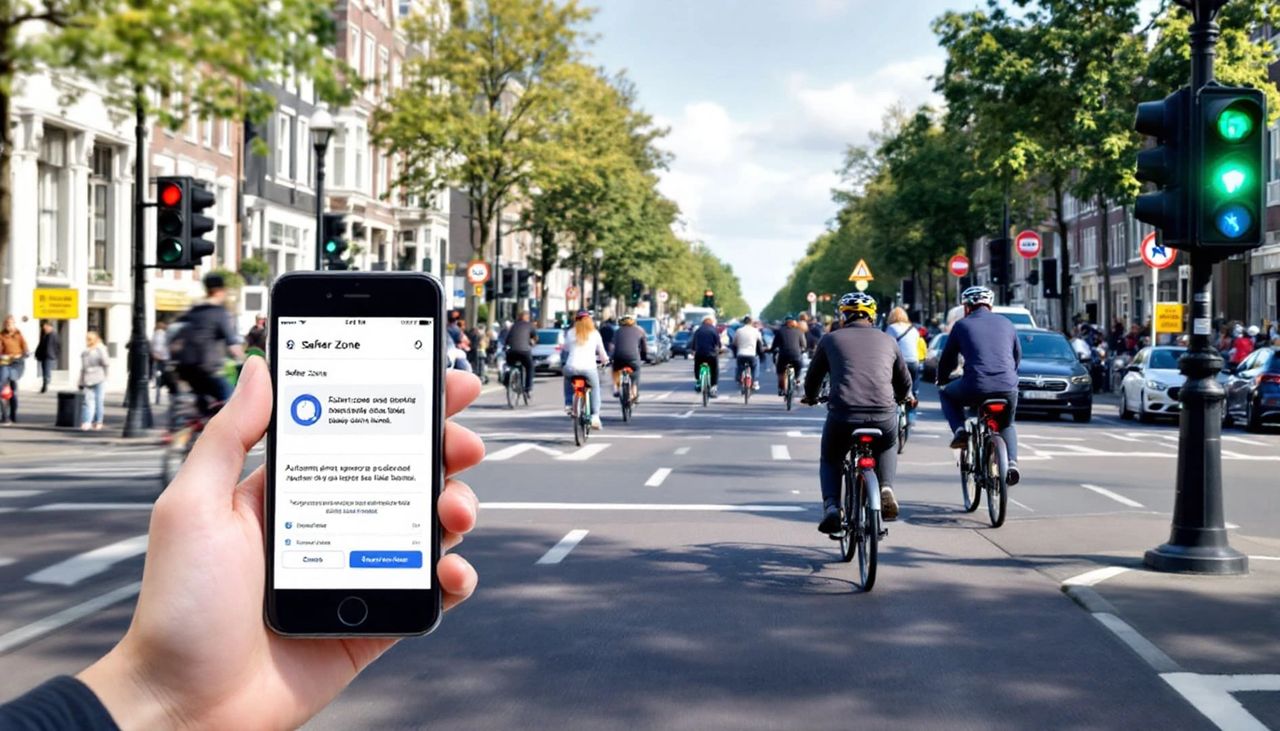
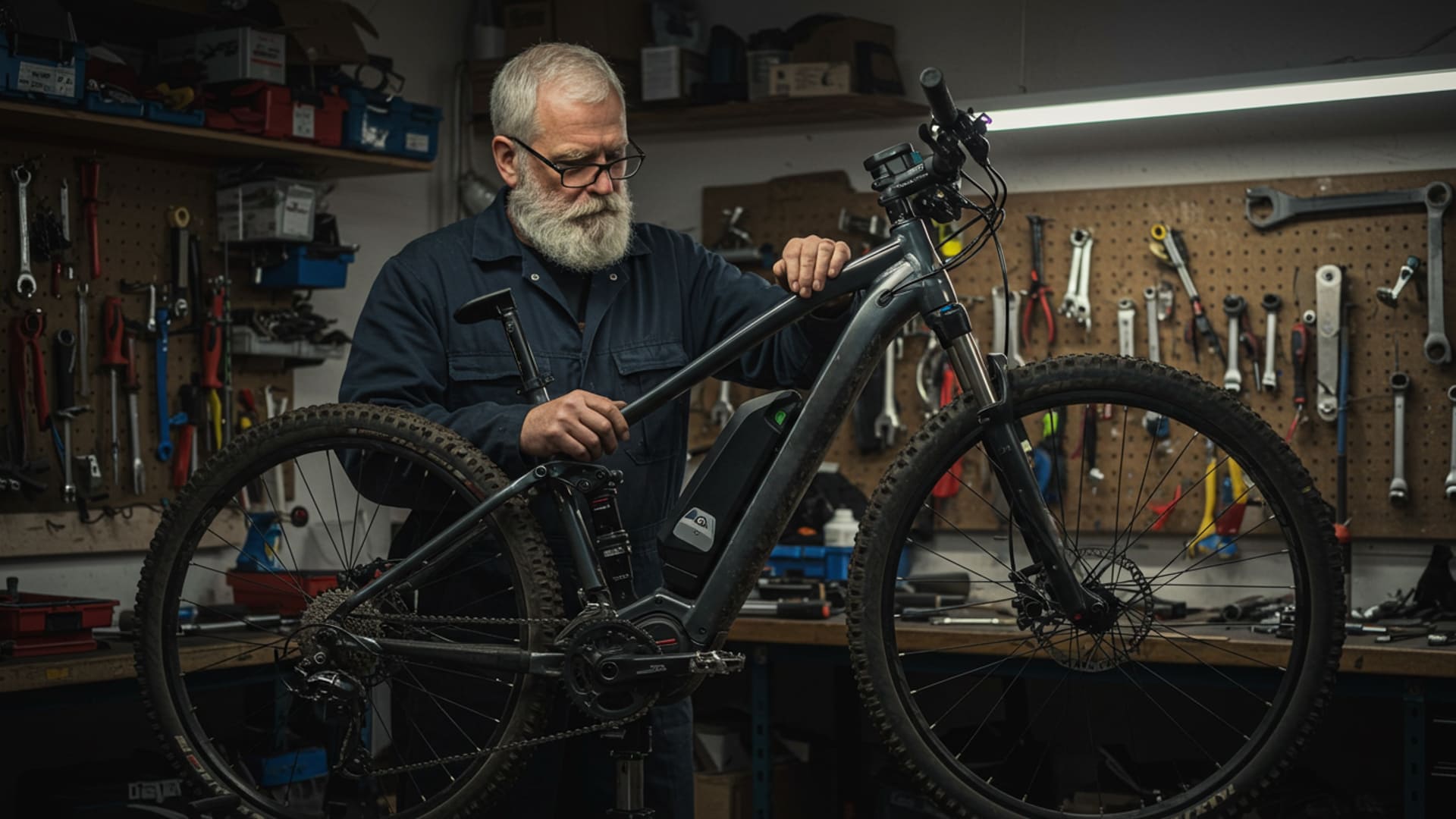

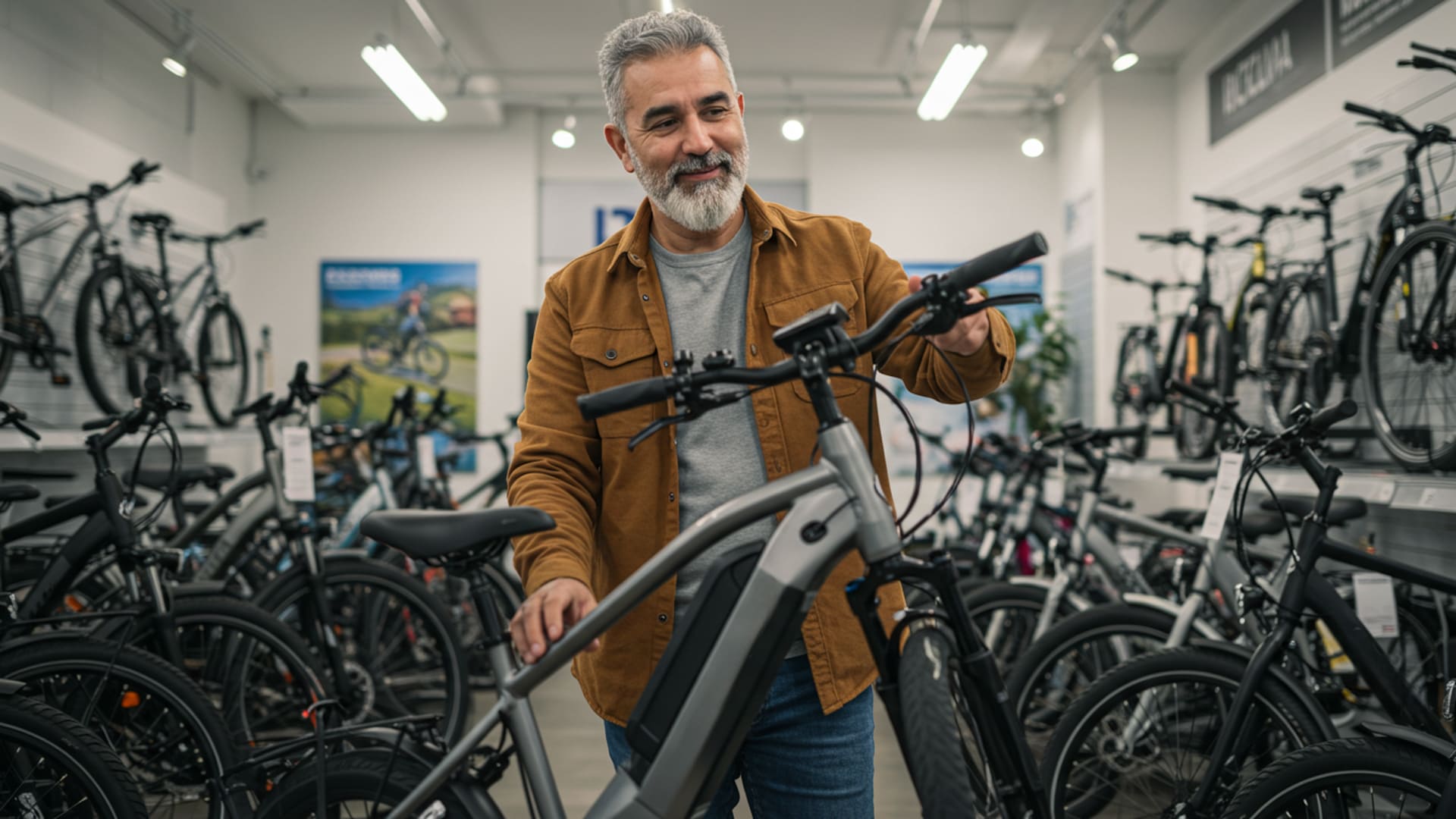
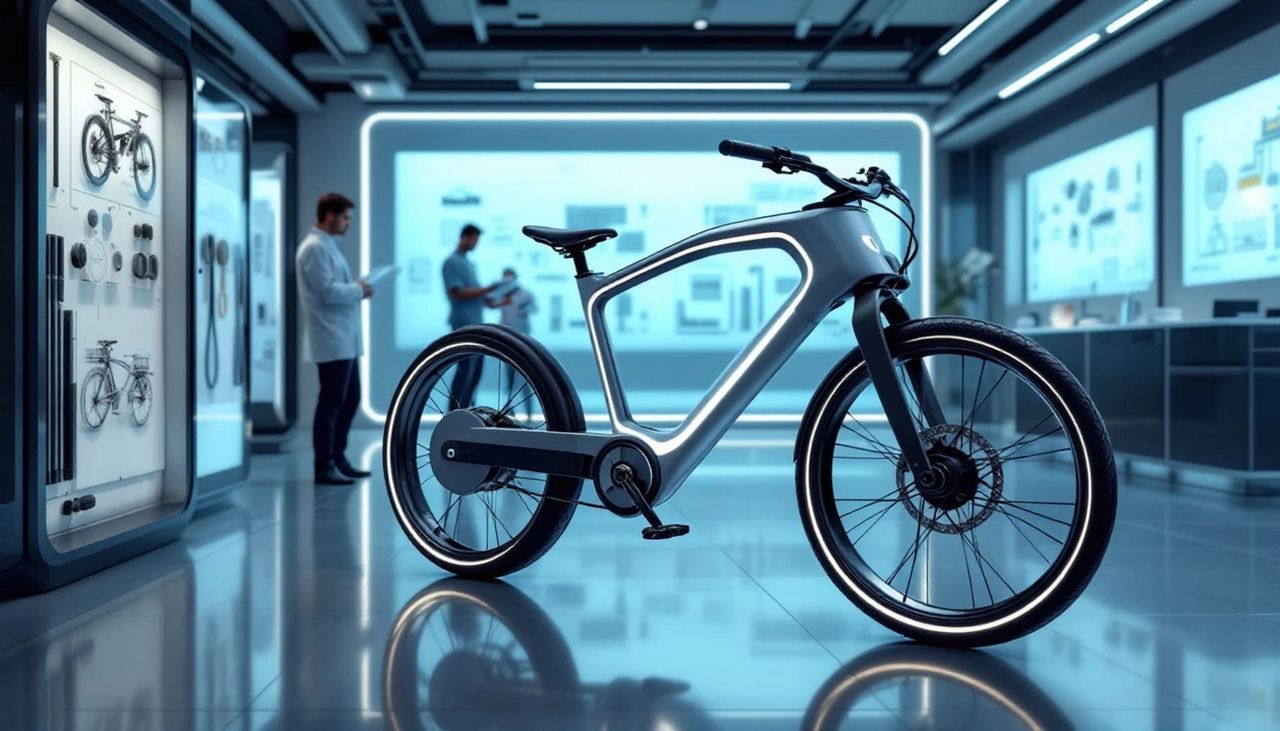

Leave a Reply